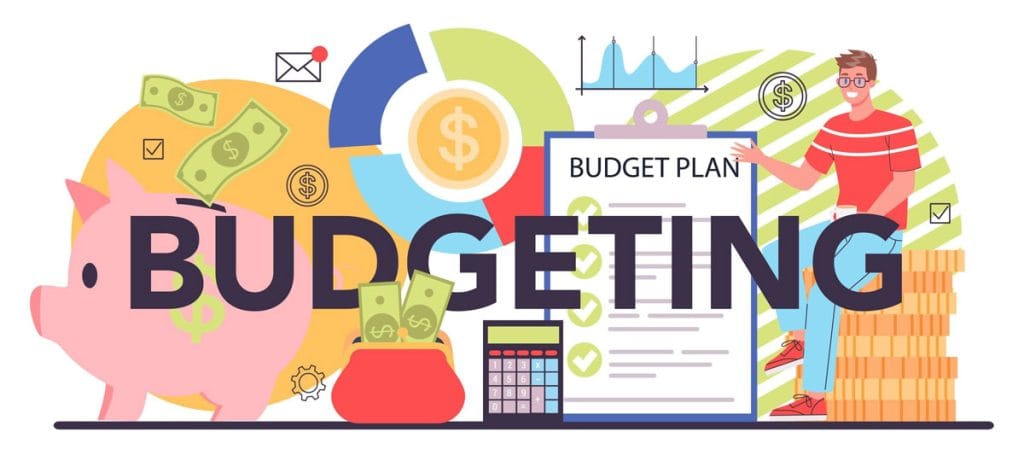Taking out a personal loan can be a helpful financial tool when used correctly. But it is important to understand the responsibilities and risks involved. This guide covers the crucial do’s and don’ts of personal loans to help you make an informed decision.
The Do’s of Personal Loans
Research and Compare Interest Rates From Different Lenders
Before taking any personal loan, always take time to shop around and compare interest rates from different money lenders. Interest rates can vary significantly between banks, credit unions and licensed money lenders. By comparing offers, you can find a loan with a favorable rate that fits your budget. Look for special deals that might be available to new customers.
Understand All Fees and Charges Associated with the loan.
Beyond the interest rate, be aware of any fees and charges that come with the loan. These can include processing fees, late payment penalties and prepayment. Some lenders may also charge an annual fee or an administrative fee. Additionally, if you make a late payment, not only will you suffer a penalty, but it may also impact your credit score.
Prepayment penalties might prevent you from making early loan payments, which could end up costing you more in the long run. Understanding the full cost of the loan will help you avoid surprises and budget effectively, ensuring you can manage your repayments without stress.
Borrow Only What You Need and Can Afford to Repay
It could be interesting to borrow more money than you require, especially if the lender offers it. Borrowing more directly increases your debt and the amount of interest you will pay over time. Calculate the exact amount of money you need and stick to that figure.
Always ensure that the monthly payments fit within your budget. This approach prevents unnecessary financial strain and helps maintain your financial health. By borrowing only what you can afford to repay, you protect yourself against potential debt traps and ensure a smoother repayment process.
Make Timely Payments to Maintain a Good Credit Score
Your payment history always impacts your credit score. Missing payment or paying late can hurt your credit score, making it difficult to secure loans or favorable interest rates in the future. Setup reminders or automatic payments to ensure you never miss your due date.
Additionally, timely payments show financial responsibility to potential lenders, which can help you secure better loan terms and lower interest rates in the future. A good credit score opens up opportunities for other financial options, such as credit cards and mortgages, often with more favorable conditions. Protect your credit score by consistently meeting your loan on time.
Consider Prepayments Options To Save Interest
Some loans allow you to pay off your loan early without penalty. This can save you a considerable amount in interest over the loan. Check if your loan agreement includes prepayment options and take advantage of them if possible.
By making extra payments towards the principal balance, you reduce the overall amount on which interest is calculated. This strategy can shorten the loan term and decrease the total interest paid, providing significant savings. Always confirm with your lender that there are no prepayment penalties before proceeding.
Looking for a trusted source for personal loans? Visit us and discover your loan options with ease!
The Don’ts Of Personal Loans
Don’t Borrow More Than You Can Afford to Repay
One of the biggest mistakes you can make is borrowing more money than you can afford to repay. This can lead to financial stress and the risk of defaulting on your loan. Assess your financial situation and ensure that the loan repayment plan is according to your income and expenses. Avoid the desire to overestimate your repayment capacity, as this can lead to financial stress.
Avoid Missing or Delaying Loan Payments
By Missing or delayed loan payments you not only experience late fees but also negatively impacts your credit score. Consistent late payments can lead to default, which can have severe financial and legal consequences. Make a commitment to pay on time everyday.
Setting up automatic payments or reminders can help you stay on track. Communicate with your lender if you are having difficulties in making payments; they may offer temporary relief options.
Don’t Overlook the Terms and Conditions of the Loan Agreements
When you sign a loan agreement, make sure you have read the document carefully. The terms and conditions include information on interest rates, fees, payback terms, fines and both your and the lenders duties. It is important to understand these details in order to prevent future disputes or misunderstandings.
If there are any terms that are unclear, seek clarification from your lender or consult a financial advisor. Being well-informed helps you avoid unfavorable terms and ensures a smoother loan experience.
Avoid Taking Multiple Personal Loans
Managing multiple loans can be challenging and increases your financial burden. It can also make it harder for you to track your repayment schedules and increase the risk of missing payments. Focus on repaying on loan before considering another loan to maintain financial stability.
Multiple loans can complicate your financial situation, leading to higher debt levels and potential difficulties in managing payments. Consolidating existing debts into one loan might be a better option if you need additional funds.
Don’t Use Personal Loan For Luxury Items
Personal loans should be used for important expenses such as medical bills, home repair or consolidating high-interest debt. Using a personal loan for vacations or luxury items can lead to regret and financial strain. Consider whether your expenses are truly necessary before you take out any loan.
Focus on using personal loans to improve your financial situation, not to use personal loans for temporary pleasures. Future financial issues can be avoided by saving for luxuries instead of taking out loans.
Conclusion
Personal loans can be a valuable financial resource when used wisely. By following these do’s and don’ts you can make informed decisions, avoid common risk, and manage your finances effectively. Always remember to do thorough research, Understand the full cost of borrowing and make timely repayments to maintain financial health.



